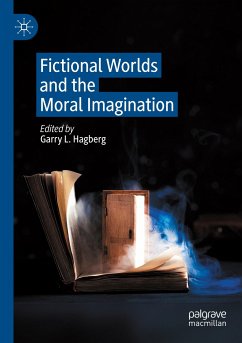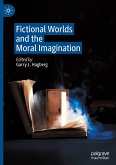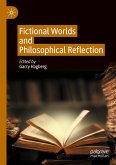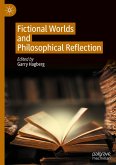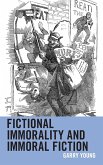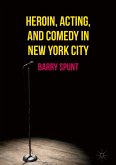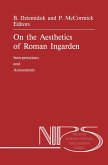This edited collection investigates the kinds of moral reflection we can undertake within the imaginative worlds of literature. In philosophical contexts of ethical inquiry we can too easily forget that literary experience can play an important role in the cultivation of our ethical sensibilities. Because our ethical lives are conducted in the real world, fictional representations of this world can appear removed from ethical contemplation. However, as this stimulating volume shows, the dichotomy between fact and fiction cannot be so easily categorised. Moral perception, moral sensitivity, and ethical understanding more broadly, may all be developed in a unique way through our imaginative life in fiction.
Moral quandaries are often presented in literature in ways more linguistically precise and descriptively complete than the ones we encounter in life, whilst simultaneously offering space for contemplation. The twelve original chapters in this volume examine literary texts -including theatre and film - in this light, and taken together they show how serious reflection within fictional worlds can lead to a depth of humane insight. The topics explored include: the subtle ways that knowledge can function as a virtue; issues concerning our relations to and understanding of each other; the complex intertwining of virtues and vices in the modern world; and the importance of bringing to light and reconsidering ethical presuppositions. With an appreciation of the importance of richly contextualized particularity and the power of descriptive acuity, the volume maps out the territory that philosophical reflection and literary engagement share.
Moral quandaries are often presented in literature in ways more linguistically precise and descriptively complete than the ones we encounter in life, whilst simultaneously offering space for contemplation. The twelve original chapters in this volume examine literary texts -including theatre and film - in this light, and taken together they show how serious reflection within fictional worlds can lead to a depth of humane insight. The topics explored include: the subtle ways that knowledge can function as a virtue; issues concerning our relations to and understanding of each other; the complex intertwining of virtues and vices in the modern world; and the importance of bringing to light and reconsidering ethical presuppositions. With an appreciation of the importance of richly contextualized particularity and the power of descriptive acuity, the volume maps out the territory that philosophical reflection and literary engagement share.

